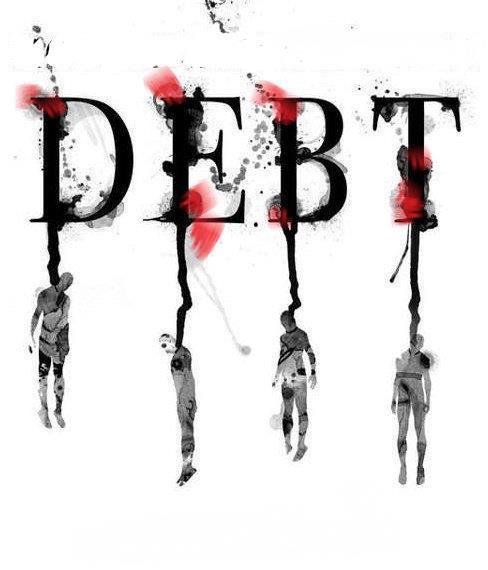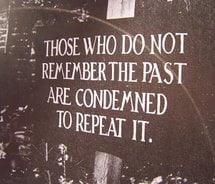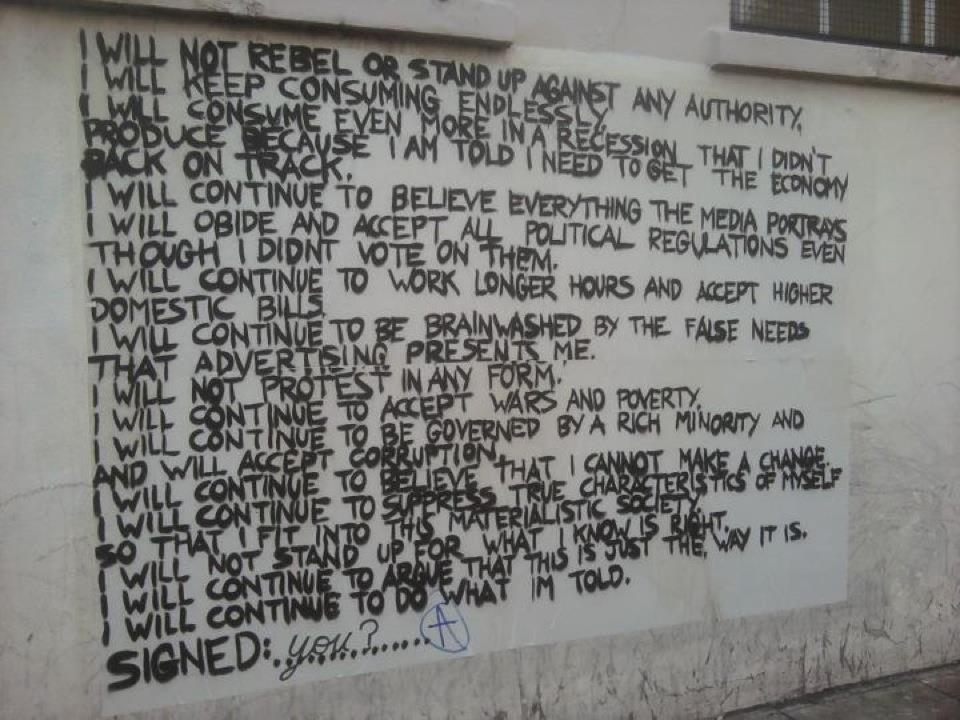When do we put the brakes on collateral damage?
Swiss researcher Ernst Fehr once ran an experiment called “the trust game with revenge”, designed to reveal the motivation for vengeance. What he found was that: a) the decision to punish someone who we think cheated gives us a feeling of pleasure, and b) “…the desire for revenge, even when it costs us something and is fully irrational…” is built into us. (Harvard Business Review, July – August 2009, Page 83)
It is primarily because of this phenomenon, why we are seeing – and will continue to see – collateral damage resulting from the Commission of Inquiry.
For example, Sir. Robin Auld’s final report portrays Dr. Cem Kinay as a willing participant in government corruption, because: a) he gave a large sum of money to an elected official, and b) he is trying to keep the details of it out of the public domain. However, while (a) and (b) are true, they do not automatically equal (c)orruption. Here is why, and a scenario of what likely happened that got him to this point:
To keep cost low, Dr. Kinay’s company most likely applied for and received duty concessions from the Government, thereby saving him a few million dollars on the build-out cost for Dellis Cay. During the election campaign a Government minister most likely asked him for a sizeable campaign donation – probably US$1 million. Finding himself in an awkward situation where he could not easily say “no”, Dr. Kinay probably rationalized it as a one off donation to a government who is pro business, and most importantly, one who his pro Dellis Cay. He then probably agreed to donate an amount less than the initial request – although it would have still been a significant sum – and because there are no rules/laws regarding how campaign donations are made, he sent it based on the instructions of the minister.
Although there is nothing in the scenario above that under normal circumstances would be considered corrupt; because the government involved was Mike Misick’s administration, Dr. Kinay’s campaign donation is being suspected as such.
For the record, even if it turns out that the campaign donation was used for corrupt purposes, I doubt that Dr. Kinay was an architect of that corruption.
It is unfortunate, but in today’s world, you are what/who Google says you are, and if there are any references to you on the internet, Google will find it, index it, and archive it. As such, negative materials on the internet can and will affect (what I call) your “Google’s Character Reference” or GCR.
For the average person, their GCR has little or no impact on their lives. However, for someone whose reputation is his/her global currency; someone whose every business deal results in a background check being done; and someone who has global business interests; their GCR is becoming more important than their credit score.
The destructive powers of negative information on the internet is so great to a person’s reputation, that PR firms recommend that if you are a victim of it, to deal with it swiftly and aggressively – even if it means hiring legal representation to have the information removed. As such, it is likely that for this reason alone why Dr. Kinay is keen to keep any negative references to him in Sir Robin’s report out of the public domain.
However, in our desire to punish those who cheated, we want to have the full report in the public domain – regardless of the collateral damage that it can cause.
While there are those who may see some collateral damage as acceptable, the fact is that in order to rebuild the Turks & Caicos, we not only need the defensive strategy of Sir Robin, we also need an offensive (i.e. inward investment) strategy. As the management guru/thinker Peter Drucker once stated, “We have to accept what we all know to be elemental – that taking a defensive position can, at best, only limit losses. And we need gains.” With the economy in free fall, the Turks & Caicos desperately need gains like Dellis Cay. We cannot afford to watch the country go into an economic tailspin for 2 years while we remake government. This approach will only lead to more problems. With all due respect to Colin Roberts, he got it wrong when he suggested that Britain cannot simultaneously promote inward investment while fixing local government.
The task may be difficult, but Governor Wetherell needs to find a way to do both. For “The signature of the truly great vs. the merely successful is not the absence of difficulty. It’s the ability to come back from setbacks, even cataclysmic catastrophes, stronger than before.” (How The Mighty Fall, Jim Collins)
Writen By: E. Jay Saunders in 2009,Turks and Caicos Islands,CEO of Digicell


















